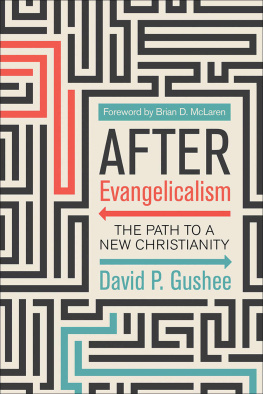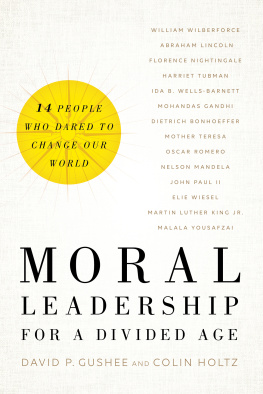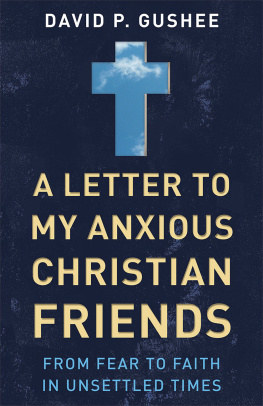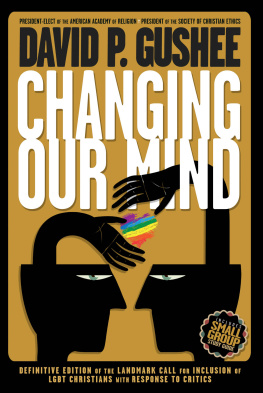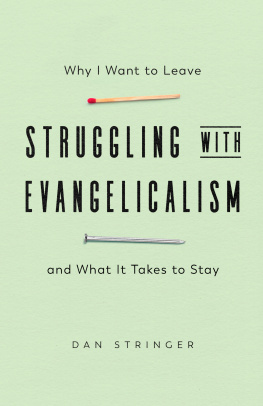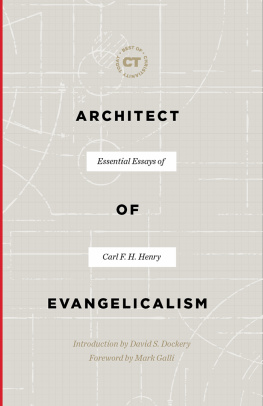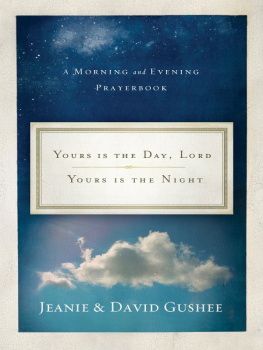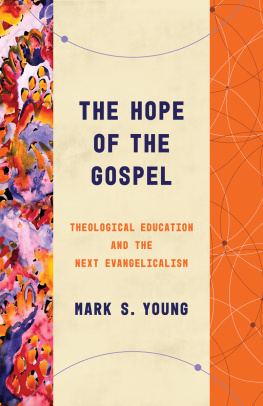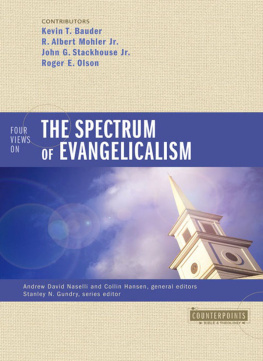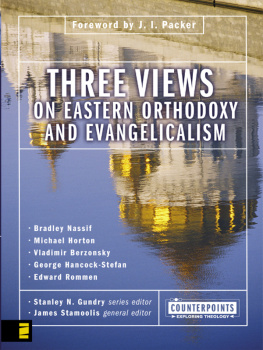David P. Gushee - After Evangelicalism
Here you can read online David P. Gushee - After Evangelicalism full text of the book (entire story) in english for free. Download pdf and epub, get meaning, cover and reviews about this ebook. year: 2020, publisher: Presbyterian Publishing Corporation, genre: Religion. Description of the work, (preface) as well as reviews are available. Best literature library LitArk.com created for fans of good reading and offers a wide selection of genres:
Romance novel
Science fiction
Adventure
Detective
Science
History
Home and family
Prose
Art
Politics
Computer
Non-fiction
Religion
Business
Children
Humor
Choose a favorite category and find really read worthwhile books. Enjoy immersion in the world of imagination, feel the emotions of the characters or learn something new for yourself, make an fascinating discovery.
- Book:After Evangelicalism
- Author:
- Publisher:Presbyterian Publishing Corporation
- Genre:
- Year:2020
- Rating:3 / 5
- Favourites:Add to favourites
- Your mark:
- 60
- 1
- 2
- 3
- 4
- 5
After Evangelicalism: summary, description and annotation
We offer to read an annotation, description, summary or preface (depends on what the author of the book "After Evangelicalism" wrote himself). If you haven't found the necessary information about the book — write in the comments, we will try to find it.
After Evangelicalism — read online for free the complete book (whole text) full work
Below is the text of the book, divided by pages. System saving the place of the last page read, allows you to conveniently read the book "After Evangelicalism" online for free, without having to search again every time where you left off. Put a bookmark, and you can go to the page where you finished reading at any time.
Font size:
Interval:
Bookmark:
Advance Praise for After Evangelicalism
A first-person account of the rise and fall of evangelical Christianity, After Evangelicalism takes you on a poignant journey through history, theology, and politics that opens your eyes to just how far evangelicalism has strayed from the heart of what it means to be Christian. If your experience with evangelicalism has taken you through the mire of purity culture, white supremacy, patriarchy, LGBTQ exclusion or if it has just left you feeling disillusioned and exhausted, you can trust that Gushee uses these pages to set a foundation that will lead you out of this expired belief system and toward a refreshing and much more life-giving way of following Jesus.
Amber Cantorna, national speaker, LGBTQ advocate, and author of Unashamed and Refocusing My Family
As a self-identified evangelical Christian who is not yet willing to abandon this religious identity, I cannot endorse the central premise of David Gushees thoughtful new book. But I can fully endorse his diagnosis of the many problems facing American evangelicalism today. My fellow believers ignore this book at their peril.
John Fea, Distinguished Professor of American History, Messiah College
As progressive Christians exit evangelical churches and parachurch organizations in droves, many have felt rudderless, unsure of how to reconstruct their theological framework after saying goodbye to the worldview that has shaped them. After Evangelicalism is the compass they need, pointing the way toward a biblically rooted, pro-LGBTQIA, antiracist, justice-oriented, Christian humanism. If there is one book that ex-evangelicals need to read, it is this one.
Chanequa Walker-Barnes, Associate Professor of Practical Theology, Mercer University, McAfee School of Theology
Carefully researched, historically accurate, and convincingly reasoned, this is the road map for the soul to those of us who are now without a country.
Gregory Thornbury, Vice President, New York Academy of Art
After Evangelicalism is essential reading for those who have found white evangelicalism wanting. Drawing on his own spiritual journey, David Gushee provides an incisive critique of American evangelicalism. But this is not ultimately a work of deconstruction. Gushee offers a succinct yet deeply informed guide for post-evangelicals seeking to pursue Christ-honoring lives, and he does this with such eloquence that the book transcends its immediate purpose and speaks compellingly to all who are exploring how to be Christian in these times.
Kristin Kobes Du Mez, Professor of History, Calvin University, and author of Jesus and John Wayne
Since the evangelical revolution of the 1970s and 1980s, evangelicalism has given the impression that it is immune to the decline plaguing mainline Protestantism. That is, until now. As David Gushees insightful analysis of the current post-evangelical moment suggests, US evangelicalism squandered its opportunity, and now peopleespecially young peopleare leaving evangelical Christianity. As Gushee demonstrates, evangelicalisms wounds are mostly self-inflicted, originating in the move by straight white men to perpetuate structures that reinforce their power and dominance over the life of the church. Gushee is driven by a profound need to address the pastoral concerns of this growing post-evangelical movement and herein offers a combination manifesto, love letter, and game plan for fellow #exvangelicals. The rest of the church would do well to heed his words too. Gushees spiritual inventory of this movement and his articulation of a post-evangelical theological framework serve as a road map for renewal for a fragmented and moribund first-world Christianity.
Rubn Rosario Rodrguez, Professor of Theological Studies, Saint Louis University
Thinking about Christianity after evangelicalism is neither trendy, alarmist, nor faithless, but rather it carves out a needed path forward for those millions of exvangelicals who have found the movement that birthed them to be irrelevant, traumatic, and even abhorrent and are seeking a place to land. Few have earned the right to speak to this topic with such prophetic clarity and practical insight, not to mention approachable writing style, as David Gushee.
Peter Enns, author of How the Bible Actually Works
If youre part of the growing number of post-evangelicals whose conscience resulted in living out your faith in exile, this is the book for youespecially if your spirit longs to move beyond the painful place weve come from and reengage your spiritual imagination to explore beyond the evangelical horizon.
Benjamin L. Corey, author of Unafraid: Moving beyond Fear-Based Faith
There is a growing number of people who identify as ex-Christians in the United States when in fact they are probably ex-evangelicals. Its not an overstatement to say that Christianity is better represented outside of that fairly recent, contextual, and reactionary movement. And for those who find themselves disillusioned with the evangelical brand of the Christian faith they once found meaningful, it may seem as though to leave evangelicalism is to throw away Christianity. In this book, Gushee gives a methodical account for why that is not the case. In After Evangelicalism, Gushee offers clear, comprehensive, theological content for Christians who follow after Jesus in a direction other than evangelicalism. And of the many books that David Gushee has written, this may be one of his most timely and most well-read books.
Reggie L. Williams, Associate Professor of Christian Ethics, McCormick Theological Seminary
Gushees book provides an insightful analysis of the evangelical movement. After Evangelicalism is a helpful guide forward for those disillusioned with the church and looking to reconstruct their faith in Jesus.
Sarah Bessey, author of Miracles and Other Reasonable Things
After Evangelicalism
After Evangelicalism
The Path to a New Christianity
David P. Gushee

2020 David P. Gushee
First edition
Published by Westminster John Knox Press
Louisville, Kentucky
20 21 22 23 24 25 26 27 28 2910 9 8 7 6 5 4 3 2 1
All rights reserved. No part of this book may be reproduced or transmitted in any form or by any means, electronic or mechanical, including photocopying, recording, or by any information storage or retrieval system, without permission in writing from the publisher. For information, address Westminster John Knox Press, 100 Witherspoon Street, Louisville, Kentucky 40202-1396. Or contact us online at www.wjkbooks.com.
Unless otherwise indicated, Scripture quotations are from the New Revised Standard Version of the Bible, copyright 1989 by the Division of Christian Education of the National Council of the Churches of Christ in the U.S.A., and are used by permission.
Copyright 2019 by the Christian Century. How Did American Racism Get to This Point? by David P. Gushee is reprinted by permission from the December 26, 2019, issue of the Christian Century.
Finale
from the Musical GODSPELL
Music and Lyrics by Stephen Schwartz
Copyright 1972 by Range Road Music, Inc., Quartet Music, Inc. and S & J Legacy Productions LLC
Copyright Renewed
Publishing and allied rights administered by Range Road Music, Inc. c/o Carlin America, Inc. and Quartet
Music c/o BUG Music, Inc., A BMG Chrysalis Company
International Copyright Secured All Rights Reserved
Used by Permission
Reprinted by Permission of Hal Leonard LLC
Book design by Sharon Adams
Next pageFont size:
Interval:
Bookmark:
Similar books «After Evangelicalism»
Look at similar books to After Evangelicalism. We have selected literature similar in name and meaning in the hope of providing readers with more options to find new, interesting, not yet read works.
Discussion, reviews of the book After Evangelicalism and just readers' own opinions. Leave your comments, write what you think about the work, its meaning or the main characters. Specify what exactly you liked and what you didn't like, and why you think so.

